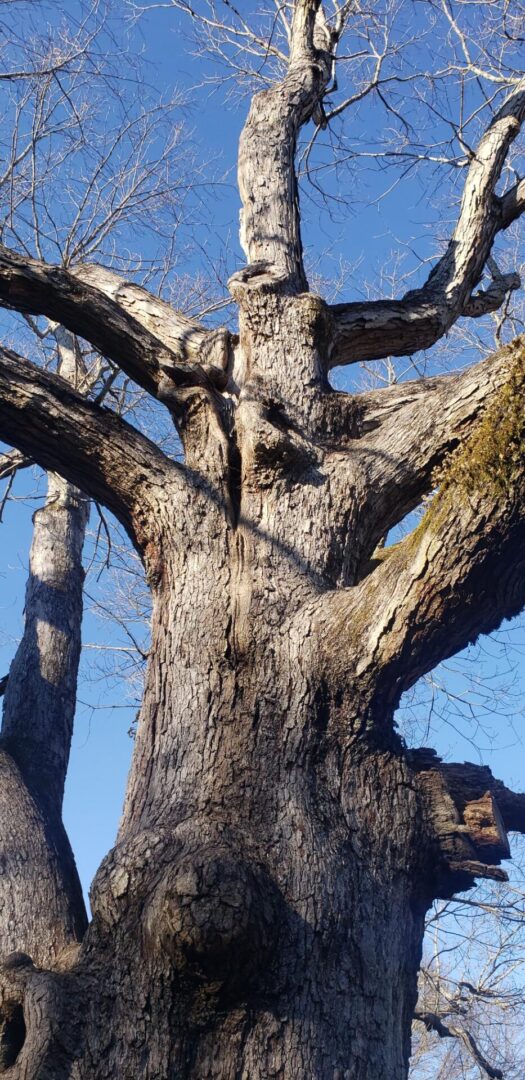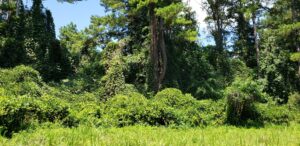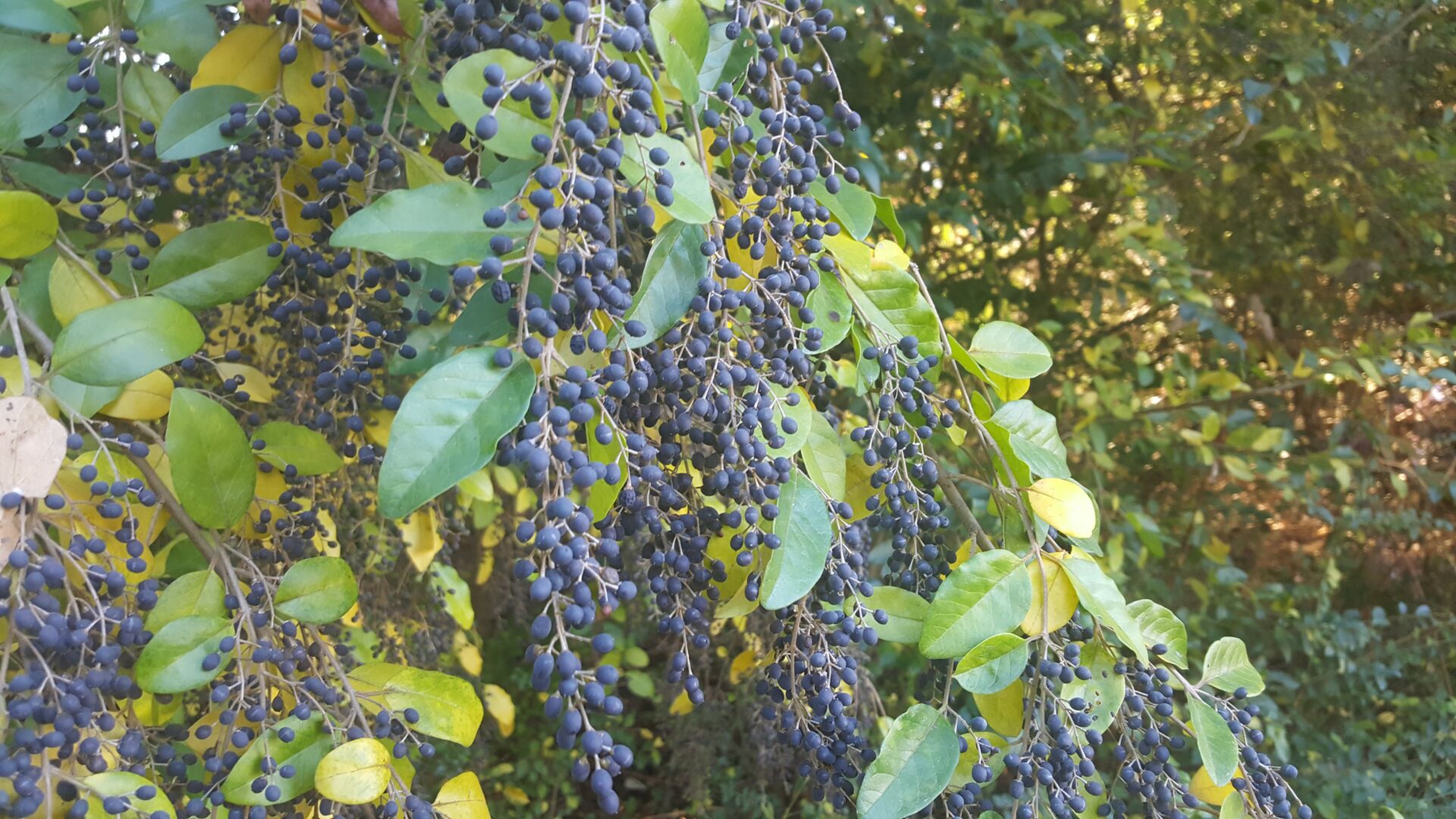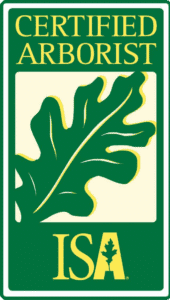
International Society of Arboriculture (ISA) Certified Arborist
ISA arborist certification is a nongovernmental, voluntary process by which individuals can document their base of knowledge. Certification provides a measurable assessment of an individual’s knowledge of the competencies needed for proper tree care. Must adhere to ISA Code of Ethics.
ISA Tree Risk Assessment Qualification (TRAQ)
A credential governed by the International Society of Arboriculture – systematic inspection of trees that considers the likelihood and consequences of failure.
source: www.treesaregood.org
Non-native Plant Control
- Kudzu
- Privet
Landowners are often surprised to learn that non-native invasive plants have not only become established but are increasingly degrading the habitat that they are caring for.
Non-native invasive plants outcompete native vegetation. As a result, the native vegetation declines, along with the ecosystem that it is a part of.
Though devoured by native birds, the abundant fruit from non-native plants such as privet provides a very low-quality diet and contributes to poor health.
Safety is sometimes compromised by thickets created by non-native invasive plants, as pedestrians and other users are unable to spot danger that may use the thicket for cover.
Email arborist@privetcontrol.com or call/text (678) 777-5947 for more information.


